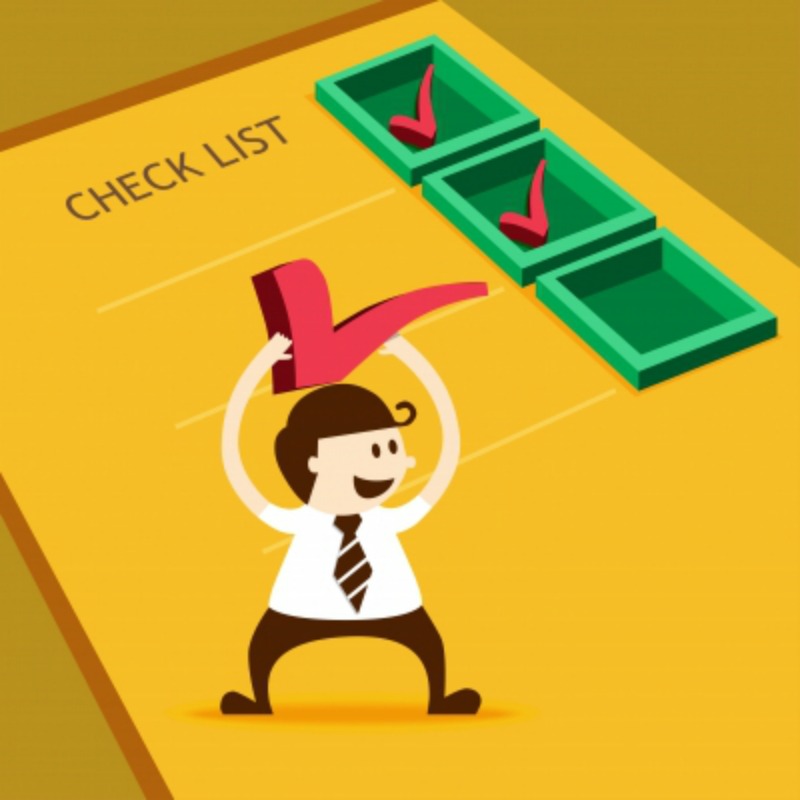Steps to Clearing Off Debt
It is a brand new year filled with new resolutions and goals. Despite the many plans you might have, one of the most important goals you would need to make would be regarding your finances, especially if you had incurred a bit of debt during the past year. Had a rough time last year with your finances? Now is the best time to turn the tide around and start anew. After all, finances represent a major part of your life and they need to be in proper order for you to live a comfortable life. Here are ways on how you can clean up the clutter in your finances:
Step 1: Sit down and list all your payables (both current and old debts)
It is easy for debt to pile up. In most cases, people tend to just ignore the bills piling up, in hopes that it will all disappear. But this is not the case. Your bills will just add on and your accountabilities will grow, if you do not do something about it. Check all your bills to see if you are updated on payments. This will include utilities (water and electricity), services (cable, phone bills), credit card bills and loans. Make sure to include money you have borrowed from other people. In your list, include the due date of your payables so you will have an idea as to how long payment has been delayed. Make sure to note the ones that accrue interest as well.
Step 2: Make a schedule for repayments
Once you have a list of all your debts, it is important to start scheduling all your payments. The ones that require top priority are utilities (you do not want your electricity and water cut off) and bills that accrue interest (loans and credit card bills).
Step 3: Look for venues to bring cash in
When you need to pay bills, you need an influx of cash. Your salary would not suffice to pay off debts, especially those which have reach gargantuan sums. One way is to dispose any items which you are not using. If you have not been using them for at least six months, then chances are you would not be needing them anymore. Let go off old clothes, electronics, gadgets, appliances, books and anything that can be turned into cash. Sell them online on Ebay or have a garage sale. Price them reasonably so you can get rid of them faster. Another way would be to downgrade your possessions (eg. High end mobile phones, cameras, cars). These items can generate a good sum of money. So rather than hold on to them, let go off them and get something less costly. That way you will have a bit of extra cash to pay off debts. Should you have time deposits, stocks and other investments, turn them into cash, even at a loss. There is no point having a lot of investments if you are drowning in debt. You will be able to recoup them again once you are better off financially. Lastly try to see if you can get a personal loan (without interest, of course) from relatives or friends. Discuss the payment terms with them. But at least you will be able to knock off all your debts in one go and stop incurring interests.
Step 4: List down your daily, weekly and monthly expenses.
Get old receipts and make a list of all your expenses (at least past 3 months). Make sure to jot down the expenses on your credit card bills as well. From your list, mark those items which you deem are necessary. After which, scrutinize the things you deem necessary and honestly ask yourself if you really need those items (eg. Groceries for the family). Once you have segregated the needs from wants, it is time to trim down the list of things you need. Take groceries for example. Food is definitely a must. However the kind of food you buy can be trimmed down. Instead of buying a lot of cookies for the household, you can omit this from your shopping list. It might not seem like a lot. But trimming down on other things will come out to a lot of savings monthly.
Step 5: List down ways on how you can cut down on the expenses for other aspects of your life
If you like eating out a lot, then this is definitely one thing to cut down on, if not totally cut out, at least until you have paid off all your debts. Take the bus instead of use the car. Bring a brown bag to the office instead of buying lunch. All these little things will save you a lot in the long run, allowing you to put aside more to pay off debts.
Step 5: Avoid using your credit card
When you are in debt, try to avoid using your credit card. It is better to use cash as you will be more frugal as funds are limited. That way you will only buy what is truly necessary. When you swipe your credit card, there is the tendency to overspend as you will have the notion that you will be able to pay it anyway. However since you have an existing debt, it is best to just spend within your means and use any extra cash to pay off your debts. Reserve your credit card for any emergencies.
With these small steps, you will slowly be on your way to being debt-free. Remember that it is not an easy task. The journey to being debt-free is difficult. It will take a lot of hard work and discipline. But with perseverance, you will definitely be able to slowly clear off the clutter in your finances.
Photo Attribution:
Featured and 1st image by 1shots / FreeDigitalPhotos.net
2nd image by Stuart Miles / FreeDigitalPhotos.net
3rd image by vectorolie / FreeDigitalPhotos.net



